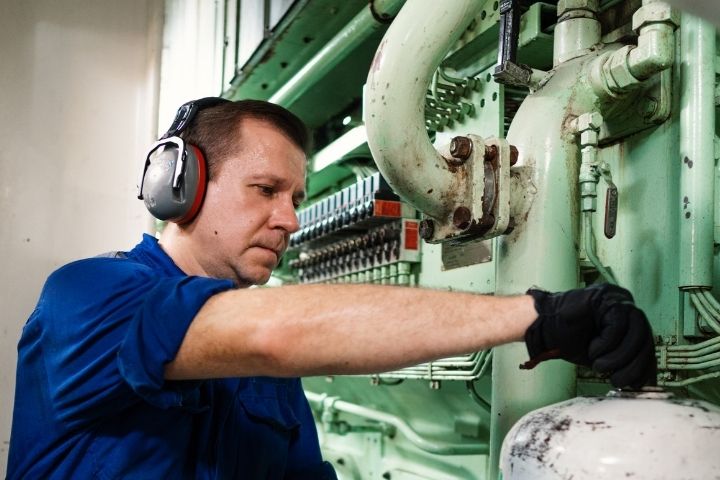STCW Training
STCW Training at Stream Marine Training
Working at sea requires specialised training to ensure safety and readiness. Stream Marine Training offers a range of STCW 2010 courses, including STCW Basic Safety Week (BSW) to equip maritime professionals with the knowledge and skills to succeed onboard. Browse our courses below.

1 Day Webinar
£210.00 excl. VAT

1 Day
£195.00 excl. VAT

0.5 Day Webinar
£150.00 excl. VAT

0.5 Day
£175.00 excl. VAT

1 Day
£225.00 excl. VAT

0.5 Day
£175.00 excl. VAT

1 Day
£225.00 excl. VAT

3 Days
£412.00 excl. VAT

5 Days
£594.00 excl. VAT








